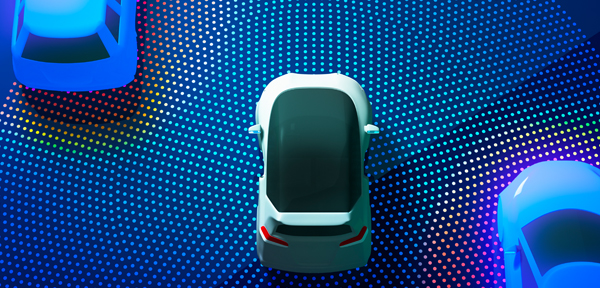July 20, 2022 – In my role leading the automotive and IoT business here at Arm, it goes without saying that my team and I spend a lot of time discussing, debating and exploring the topic of autonomous technology, including of course driverless cars. It’s a topic that never fails to enthuse and engage, and so you can imagine my excitement at being able to ride in a Cruise AV, the first all-electric, driverless service to welcome public riders in a major US city. The ride really brought home to me that the future of autonomous cars is much closer than we think — and today for the first time, I am able to tell you more about the work Arm is doing with Cruise, a true pioneer in this space, to further accelerate this vision.
We’ve been working with the team at Cruise behind the scenes for years now, and from the very beginning the heart of this partnership has been close collaboration and a shared view of the incredible potential autonomous technology has. The first collaboration project was a solution for sensor processing using Arm central processing units (CPUs). Now, we are working together more broadly to increase the efficiency of the compute system while maintaining performance, to support Cruise in the scale out of their autonomous platforms.
One of the major challenges the industry faces when it comes to bringing autonomous driving to the mass market is in delivering the compute performance required within the power, cost and thermal constraints of the vehicle. Arm technology is well suited to address this challenge, providing the scalable, specialized, safety-enabled compute needed to address the range of processing capabilities for different automotive workloads in a power efficient manner. Cruise will be using a suite of Arm technology, including devices from Arm ecosystem partners as well as Cruise in-house developments based on Arm’s high performance CPUs, and Arm’s leading edge automotive-enhanced (AE) line of IP to improve the efficiency of their compute platform.
As vehicle architectures evolve, automotive developers today are also challenged by increasing code complexity. Computing must become more centralized, and software is critical to allowing this. That’s why Arm is working with leading industry partners on SOAFEE, a standardized framework that enhances proven cloud-native technologies with the real-time and safety features required in automotive applications.
When you look at what Cruise has already achieved, it’s mind-blowing to think about what is next on our journey to a safe, autonomous future. That’s just one of many of the things Cameron Matzke, System Architect at Cruise and I discussed on our recent ride — and I wasn’t the only member of the Arm team to have the chance to experience this incredible technology firsthand: our CEO Rene Haas also joined Cruise CEO Kyle Vogt for a ride and a great conversation about the future of autonomy.
The automotive sector is at an important inflection point — the systems powering cars are being redesigned and reimagined, and software and hardware are equally critical. Here at Arm, we’re committed to delivering the high performance, low power and safety-capable compute that industry leaders such as Cruise can use to continue to innovate, while at the same time working with partners to enable the software-defined vehicle for the automotive industry. It’s yet another example of how Arm is working with our ecosystem to define the future of computing.
Collaboration is critical on the road to mass deployment of autonomous vehicles, and one of the most exciting parts of our job is getting to work with partners like Cruise on these opportunities and challenges. The next generation of autonomous vehicles will run on Arm, so watch this space!
Dipti Vachani
SVP and GM, Automotive and IoT Line of Business, Arm


